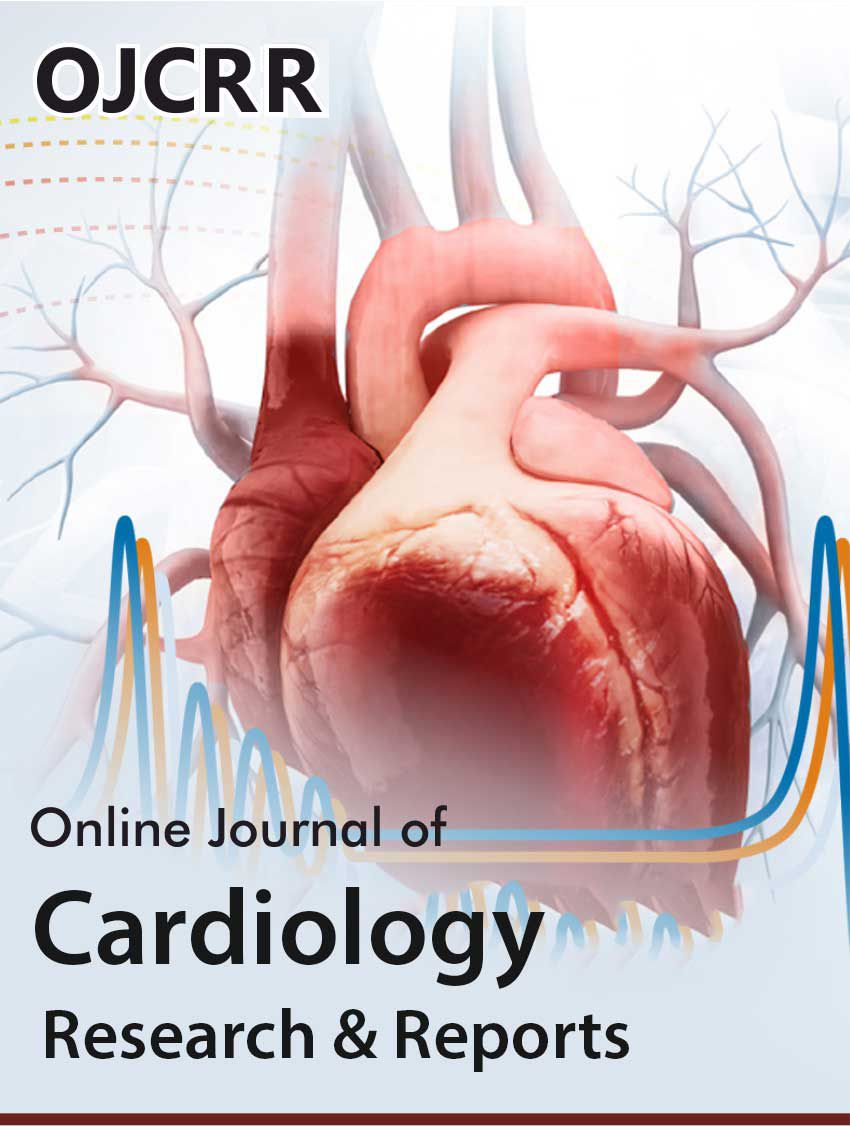 Research Article
Research Article
Does Interleukin-2 Predict Success of Thrombolytic Therapy
Abdel Mohsen Mostafa Aboualia1*, Eman Rashed Zaky1 and Mohamad Yousri Shaheen2
1Department of Cardiology, Al-Azhar University, Egypt
2Department of Clinical pathology, Al-Azhar University, Egypt
Abdel Mohsen Mostafa Aboualia, Department of Cardiology, Al-Azhar University, Cairo, Egypt.
Received Date: June 05, 2020; Published Date: June 19, 2020
Abstract
Background: Atherosclerosis and its complication is proved to be an inflammatory process with increasing evidence of the role of cytokines in atherosclerosis pathophysiology.
Objective: To investigate the predictive role of admission level of interleukin-2 (IL-2) in acute myocardial infarction patients in detecting success of thrombolytic therapy.
Patients and Method: Forty patients with the diagnosis of ST-elevation myocardial infarction (STEMI) (20 patients diagnosed as STEMI with successful thrombolytic therapy and 20 patients diagnosed as STEMI with failed thrombolytic therapy) from those attending the Coronary Care Units in Cardiology department Al Hussein university hospital between April to May 2013 underwent echocardiography and baseline and after 3days follow up of IL-2 level .
Results: The age in STEMI success group was 44.7 ± 9.41 years while in the failed thrombolytic group 58.3 ± 7.93 years, hypertension (HTN) and diabetes mellitus (DM) were more prevalent in STEMI success group while smoking more in thrombolytic failed group. In the present study, Interleukin-2 was 274.3 ± 104.2 pg/ml in STEMI success group and 215.1 ± 49.4 pg/ml in STEMI failed group with no significant difference.
Conclusions: Admission level of serum IL-2 failed to predict the success of thrombolytic therapy
-
AbdelMohsen Mostafa Aboualia, Mohamad Yousri Shaheen. Does Interleukin-2 Predict Success of Thrombolytic Therapy. On J Cardio Res & Rep. 4(2): 2020. OJCRR.MS.ID.000583.





